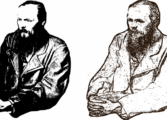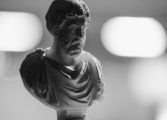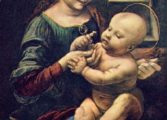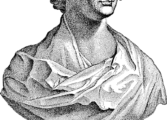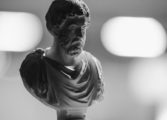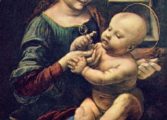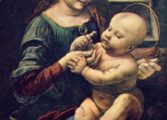Animal Farm George Orwell: A Timeless Allegory of Power and Corruption

Introduction
“Animal Farm” is one of George Orwell’s most renowned literary works, captivating readers with its profound allegorical depiction of power dynamics and corruption. This compelling novel, set on a farm, follows a group of animals as they rebel against their human oppressors, only to face new challenges and manipulations within their own ranks. Through this gripping narrative, Orwell sheds light on the corrupting influence of power, the dangers of tyranny, and the importance of individuality and critical thinking. In this article, we will delve into the significance of “Animal Farm” and its enduring relevance for readers interested in exploring inescapable human tendencies.
Historical Background

Published in 1945, during the aftermath of World War II and at the height of the Soviet Union’s influence, “Animal Farm” serves as a scathing critique of totalitarian regimes. Orwell himself was deeply disillusioned with the Soviet Union’s transformation under Joseph Stalin, leading him to explore the nature of power and its potential for abuse. By using animals as stand-ins for political figures and social classes, Orwell cleverly disguises his critique, providing readers with a thought-provoking tale that transcends time and space.
“The Revolution”
As we delve deeper into the novel, we witness the animals of Manor Farm overthrowing their human oppressors, led by the pigs, who symbolize the ruling elite. Initially, the animals find solace in their newfound freedom, guided by the Seven Commandments, epitomizing the principles of Animalism. They diligently work towards creating an egalitarian society, where all animals are equal. However, as time progresses, the pigs gradually usurp power, creating an unequal hierarchy reminiscent of the oppressive regime they once fought against.
The Corruption of Power
Orwell’s portrayal of power’s corrupting influence is a central theme in “Animal Farm.” The pigs, particularly Napoleon and Snowball, represent the archetypal leaders who exploit their positions for personal gain. They manipulate the other animals’ ignorance and inability to question authority, slowly transforming the once-egalitarian society into a dictatorship. Through various manipulative tactics, such as rewriting the commandments and enacting purges, the pigs consolidate power, leaving the other animals disillusioned and oppressed.
The Perils of Ignorance
One of the crucial elements in understanding “Animal Farm” is recognizing the dangers of ignorance. Orwell warns readers about the susceptibility of the masses to be misled or manipulated due to their lack of knowledge and critical thinking abilities. The animals on Manor Farm initially embrace the revolution without fully understanding its consequences, making them easy targets for the power-hungry pigs. This searing commentary on the importance of education and awareness serves as a cautionary tale for all societies.
Relevance in the Modern World
Despite being published over 75 years ago, “Animal Farm” remains an enduring literary masterpiece with great relevance today. Its allegorical critique of totalitarianism and corruption continues to resonate in societies marked by power imbalances and political oppression. The novel serves as a stark reminder that the fight for freedom and equality is a perpetual struggle, urging readers to remain vigilant against the dangers of unchecked authority.
Conclusion
“Animal Farm George Orwell” stands as a testament to the timeless impact of Orwell’s astute observations on power, corruption, and the human condition. This profound allegory invites readers to question authority, challenge societal norms, and acknowledge the inherent flaws of human nature. By delving into the complex layers of Orwell’s narrative, we gain insights into our own capacity for both liberation and oppression. As art enthusiasts and collectors, let us embrace the transformative power of literature and continue to cherish “Animal Farm” as a beacon of knowledge and inspiration.














